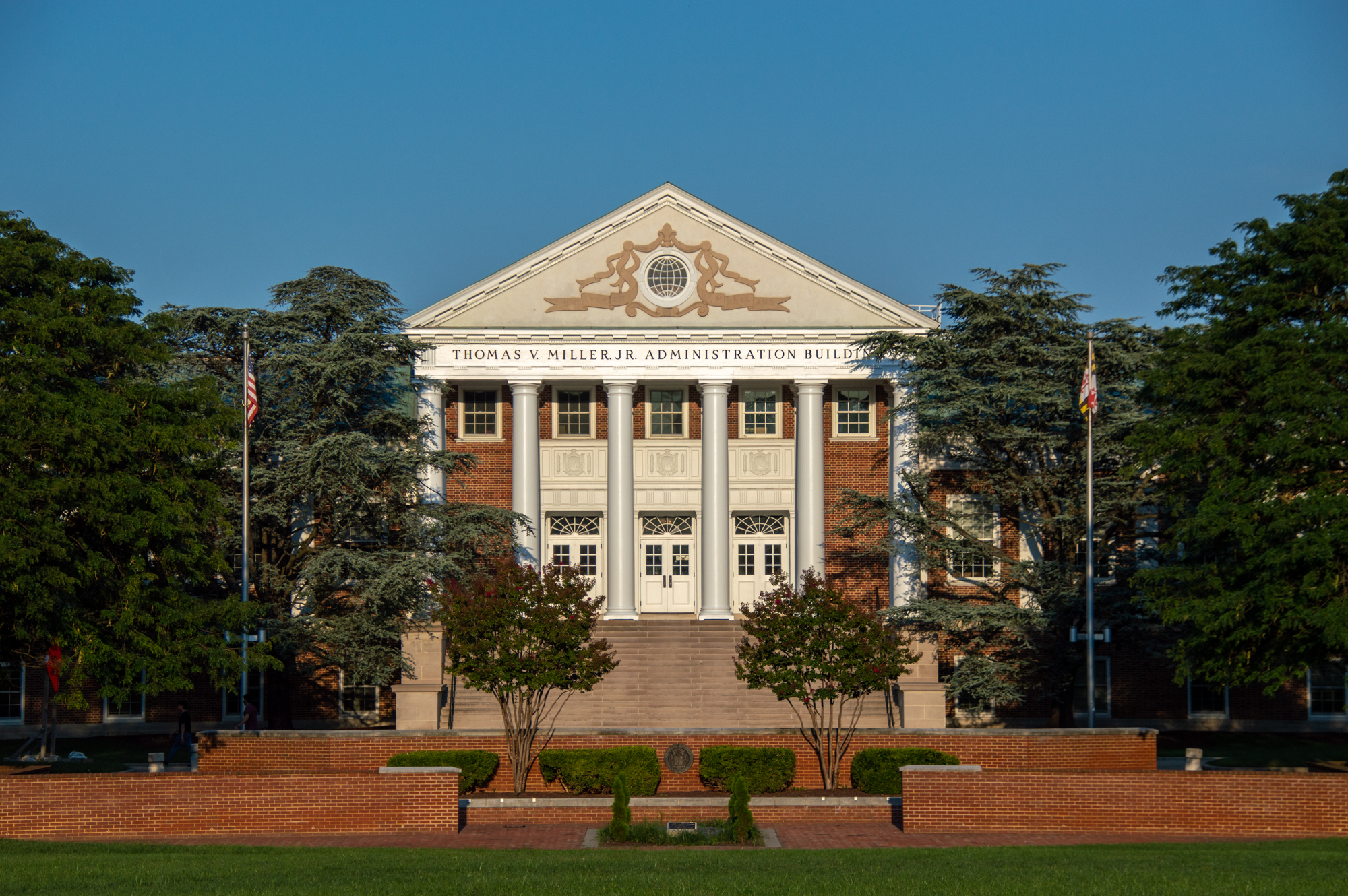A new student group has formed to bolster the union representing workers at the University of Maryland as it bargains with university administration amid the coronavirus pandemic.
The organization, United Students Against Sweatshops, is one chapter of hundreds across college campuses nationwide. In fighting for workers’ rights, the members of this group say they want students to become more aware of union and employee issues on campus.
“If something affects students, it affects employees,” said Greeshma Anand, a junior physiology and neurobiology major who’s a member of USAS. “It’s important to show that solidarity from students to employees.”
This university’s USAS chapter originally began as a loose coalition of students who care about labor issues on campus, said Lily Byrne, a junior Arabic and economics major. But after filling out an application and paying the required dues, the group joined over 150 chapters as part of a national organization of students who rally behind employee rights.
Using social media and other outlets, members of USAS are supporting university employees, whose rights and struggles have come to the forefront of discussions in recent months.
In May, the union — the American Federation of State, County and Municipal Employees Council 3 Local 1072 — requested to bargain with university leadership over safety protocols amid the pandemic. However, the university declined that request, as well as four other requests, according to an unfair labor practice complaint the union submitted to the State Higher Education Labor Relations Board in July.
And in September, the university told a Shuttle-UM driver he would face disciplinary action for refusing to let people board the bus without masks, sparking another cry from the union to bargain with the university administration.
[UMD union bargains for alternative to salary reductions for members making over $150k]
Members of USAS, such as Anand, said the university needs to acknowledge the union’s demands, especially amid the pandemic.
“These demands are vital for a healthy and safe working environment, a better working environment for the employees, especially during this pandemic,” Anand said. “So, by UMD listening and sitting down with these employees, they can work towards kind of creating that better environment.”
Earlier this month, USAS encouraged the university’s Student Government Association to pass a resolution urging the university administration to formally negotiate with the union, Byrne said. And in November, the group will be hosting a town hall with campus employees to promote awareness of worker issues.
Todd Holden, interim president of the union’s local chapter, said communication across campus between students and employees is always a positive sign.
“I think that the more people come together and explore issues, the better off it is for everybody,” Holden said.
Many problems, Holden said, still plague university employees. Even today, union members are concerned about their access to personal protective equipment, child care, eldercare and contact tracing — all of which should be bargained with the university, Holden said.
[SGA passes resolution calling on UMD to bargain with workers union]
A university spokesperson provided a statement saying there have been near weekly meetings with the union since March about issues including the pandemic. Additionally, university leadership and the union negotiated an agreement that affirmed how health and safety protocols would be addressed, according to the statement.
“The university has prioritized open communication and collaboration with AFSCME since the pandemic first impacted our campus community in early spring 2020,” the statement read. “The university will continue to work closely with AFSCME leaders to continue to ensure the safety of its employees and campus community.”
USAS isn’t just focused on the issues older university employees face. Student employees — such as resident assistants and desk staffers — are not unionized nor do they have collective bargaining representation, said Michael Marinelli, a senior English and environmental science and policy major who is a member of USAS.
The group wants to use its platform to spread awareness of worker issues. USAS can help educate students who are uninformed about university employee demands, Anand said, and social media plays a big role.
By replying to tweets or posting information that people can share, social media has become a strong weapon for the group, Marinelli said. This is especially important during a largely virtual semester when students have online classes, he added.
Holden said students who are aware of worker’s rights issues can influence labor-management relations when they join the workforce.
“Today’s students are tomorrow’s citizens,” Holden said. “I think that the attitudes and the values that they form and they hold about employees certainly will carry through them into the future.”



